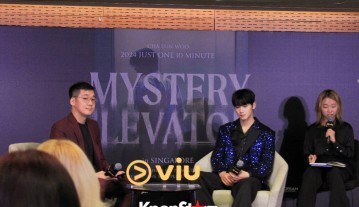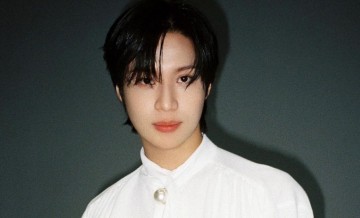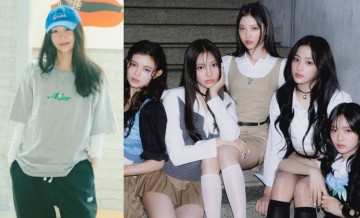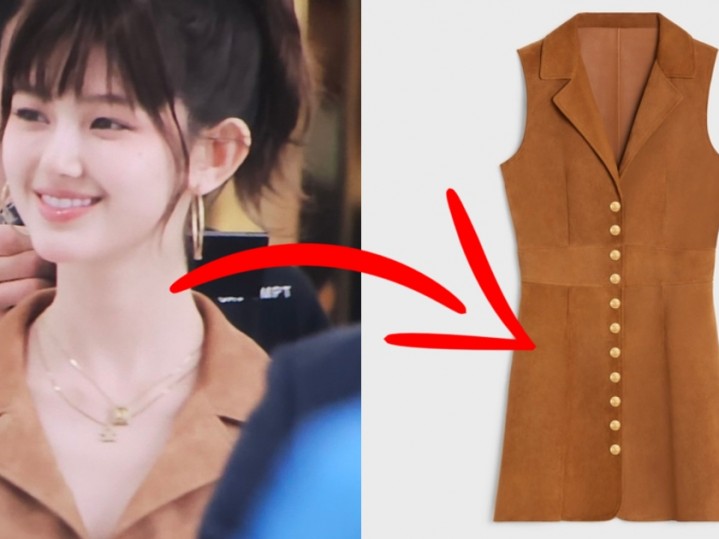Why TWICE Member Tzuyu's Support For Taiwan's Independence From Mainland China Is Controversial
Tzuyu, a member of the K-pop rookie group TWICE, is embroiled in controversy, following rumors that she supports Taiwan's independence from governance by mainland China.
An article published by the Korea Times on January 14 examined the events which led to the scandal.
The claims against the 16-year-old Taiwanese pop vocalist were generated by Huang An, a pro-China, Taiwan-born vocalist. He based the allegations, which he delivered through social media posts, on footage from several variety shows including "My Little Television," where Tzuyu waved both the Korean and Taiwanese flags.
While the issue was previously addressed through an agency post, J.Y. Park (Park Jin Young) of JYP Entertainment personally approached the subject through an official statement published on the official Weibo account of the agency on January 14.
"Tzuyu is not involved in any [form] of Taiwanese independence speech and the opinion that Tzuyu has shown online support for Taiwanese independence is not true," said Park, in his Weibo statement. "The company [JYP Entertainment] favorably supports the principle of one-unilateral China."
He went on to apologize for any misunderstandings that may have occurred on behalf of JYP Entertainment, due to lack of communication with Chinese-speaking fans and addressed incendiary comments which were published on Weibo.
"And yet the company is sorry if there was insufficient artist management," said Park.
Twice was previously scheduled to perform on several mainland Chinese programs in celebration of the Lunar New Year. However, the agency announced that promotional activities in the region would be suspended until further notice, following an outcry by Chinese netizens (social media users) which led the hashtag #BoycottJYP to trend on Weibo and equivalent applications.
The call to action by Chinese detractors may have led to a ban of Twice videos on a major platform.
According to TV Report, videos featuring the rookie group will likely be banned by an unnamed platform.
"The company is currently in a position where it cannot ignore what the public and government are saying," said a representative for the yet-to-be-determined platform.
While the scandal may be unusual to Korean pop enthusiasts, Taiwanese entertainers are often the subject of criticism, centered on perceived political activism.
The human rights publication Foreign Policy, published a report in April 2014, which examined the fractured relationship of Taiwan and mainland China, as well as its impact on Mandarin-language pop music or Mandopop.
In March 2014, more than 100,000 Taiwanese college students participated in a series of protests which became known as the Sunflower Movement, in response to a politically-charged trade agreement involving the island nation and mainland China.
Taiwanese celebrities were hesitant to vocally support the Sunflower Movement, but Ashin, the lead vocalist of the rock group, Mayday, posted a link to the rousing anthem, "Rise Up," on his Facebook page. His band mate, Masa, closed his Taipei-based coffee shop, with a notice encouraging his customers to join the protests.
While Mayday experienced few repercussions for their involvement in the student movement, aboriginal or indigenous-language pop star, A-Mei, did not fare as well, when she faced allegations of being an independent sympathizer.
In 2000, she was blacklisted by the mainland Chinese government after performing for the president of Taiwan, who was an outspoken proponent of the pro-Taiwan movement.
Tensions within the region remain sensitive and have continued since 1947, when an incident known as the White Terror declared martial law, prohibiting the use of the native Taiwanese language of Hokkien in pop music and other aspects of daily life.
















